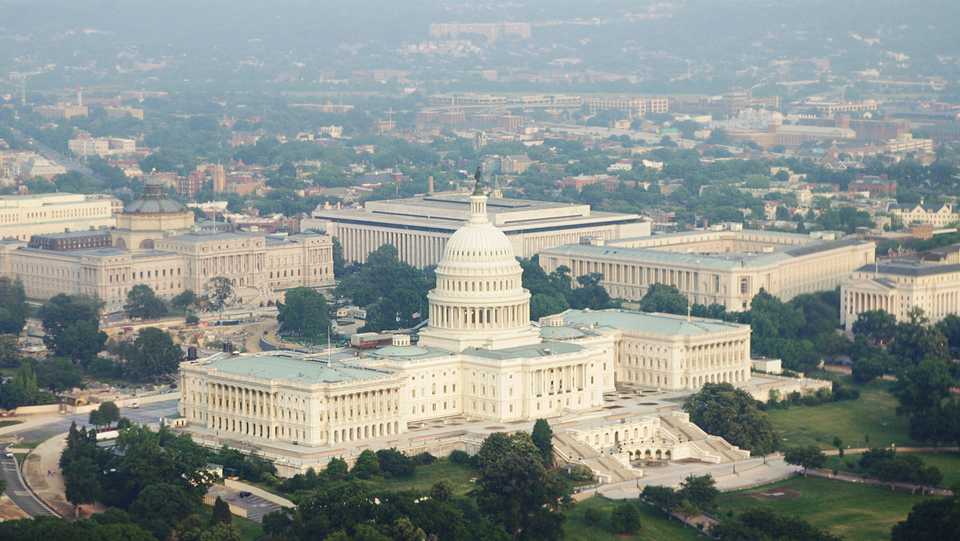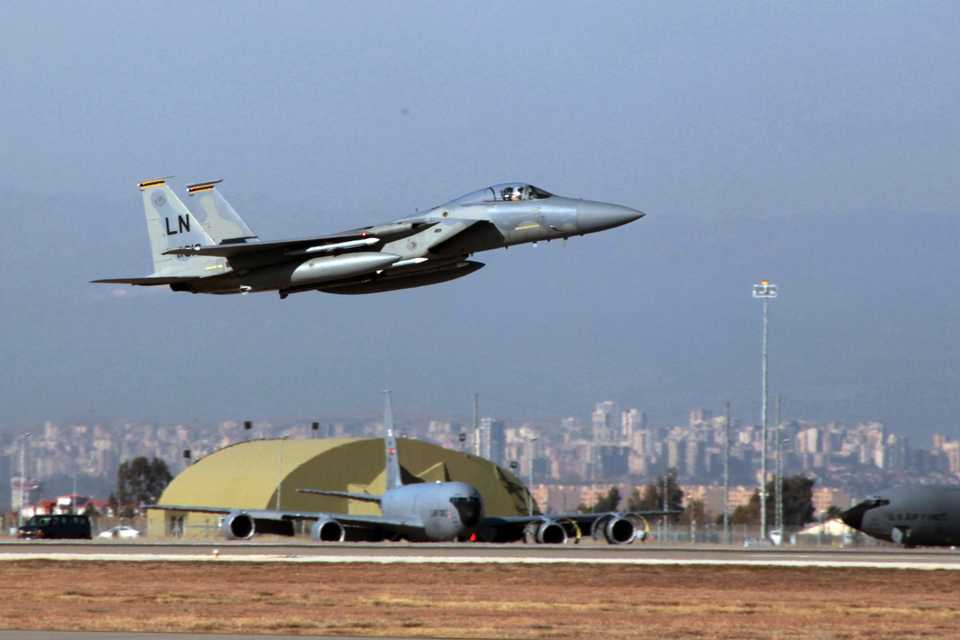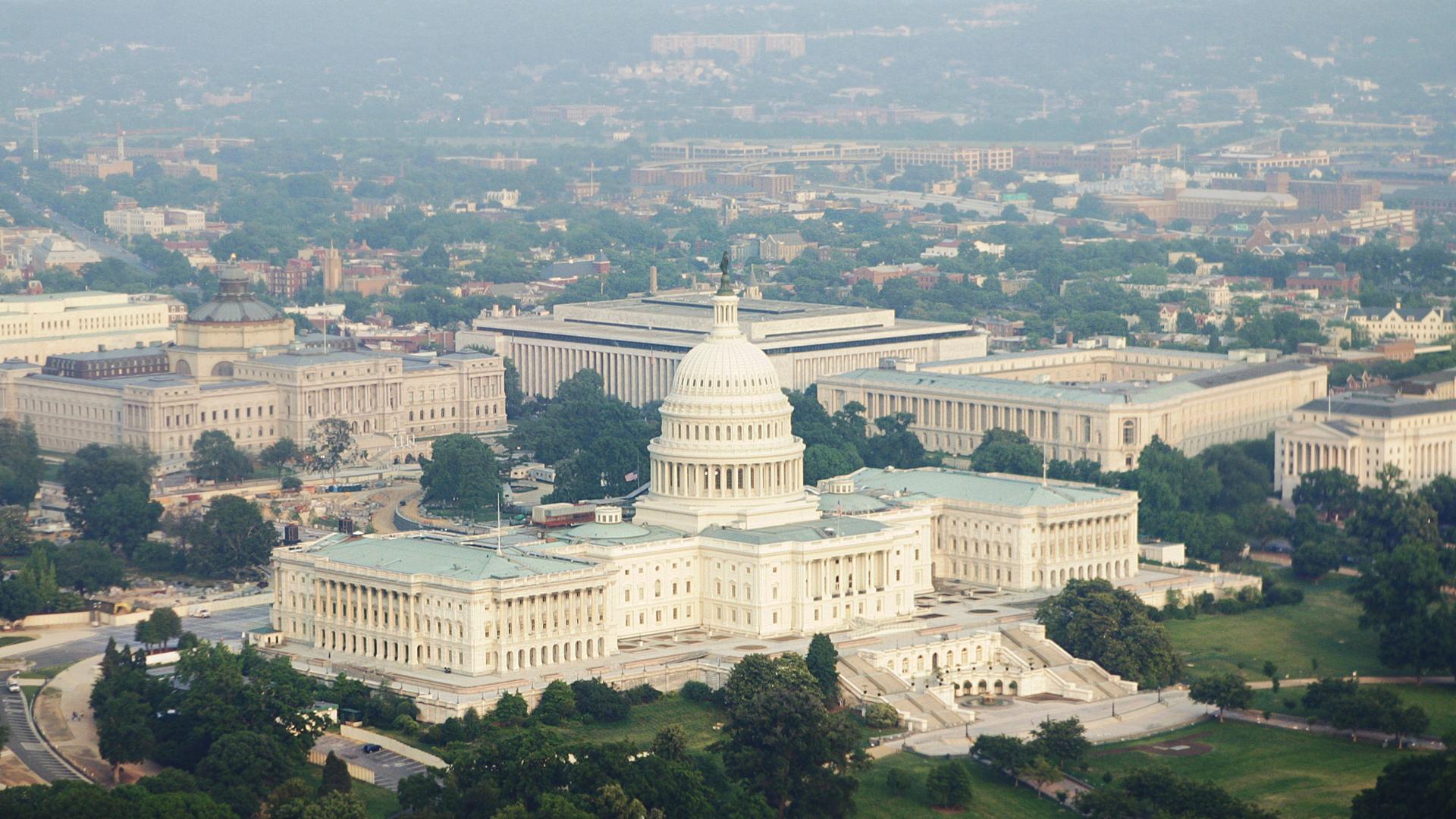
The US Senate’s latest adoption of a non-binding resolution recognising the 1915 Armenian events as a ‘genocide’ on Thursday angered Turkey, placing another wedge between the two NATO allies.
After its passing, Ankara summoned the US ambassador to Turkey to account for why and how it had happened.
“This resolution will disrupt the efforts to improve Turkish-US relations,” said a statement from Turkish foreign ministry on Thursday, after the resolution passed in the Senate unanimously. Foreign Minister Mevlut Cavusoglu called it a “political show.”
In a November meeting between Turkish President Recep Tayyip Erdogan and the US President Donald Trump at the White House, both leaders appeared to make inroads in addressing longstanding issues, including Turkey’s Syria operation against the YPG, a terrorist group for Turkey and an ally to the US, and Ankara’s procurement of Russian S-400s to strengthen its air defence system. Both issues have been contentious for years now.
YPG is the Syrian wing of the PKK terror organisation. Turkey, the US and the EU all recognize PKK as a terror outfit.
Previously, hawkish senators such as Lindsey Graham blocked the resolution to prevent a break-up of ties between the allies.
But after several failed attempts, the resolution passed this week.
“History will note these resolutions as irresponsible and irrational actions by some members of the US Congress against Turkey,” wrote Fahrettin Altun, Turkey’s Communications Director, on Twitter.
“They will go down in history as the responsible party for causing a long-lasting damage between the two nations,” Altun added, indicating that a split between the two allies is moving to an unprecedented level.
“Adoption of this resolution today in my view is unnecessary . . . and might very well undermine that diplomatic effort at a key time,” said Kevin Cramer, a Republican senator, who blocked the resolution’s passing in one of the previous attempts.
There have already been alarming signs.
This week has also seen the Senate Foreign Relations Committee’s passing of a package of sanctions against Ankara on the grounds that Turkey waged a Syria operation and bought S-400s despite President Erdogan developing a common understanding with Trump on both issues.
The Turkish defence ministry described the move as “a new manifestation of disrespect for our sovereign decisions regarding our national security,” warning the US Congress: “These initiatives do not have any function other than to harm Turkish-US relations.”
Turkish Foreign Minister Cavusoglu also warned his American counterparts that sanctions over Turkey would only produce “negative” results, triggering retaliation, which could include closing down US bases in the country.
“Both Incirlik [air base] and Kurecik [radar base] may come to our agenda. We don’t want to talk about the bad scenario over assumptions,” he said during a TV interview.
Turkey had previously limited the US use of the Incirlik base in retaliation after Washington placed an arms embargo and froze aid to Ankara to punish Turkey for its military intervention in Cyprus in 1974.

Despite the extensive US sanctions, Turkey did not bow to pressure and continues to maintain a military presence in the Turkish Republic of Northern Cyprus to protect Turkish Cypriots since 1974.
After the US lifted the embargo and restored aid to Turkey in 1978, Ankara responded to the goodwill by fully facilitating the use of the Incirlik air base to the Americans.
The events of 1915
Turkey maintains that there was no genocide against Armenians, saying that the 1915 events happened amidst terrible war conditions during World War I as the Ottoman Empire, the predecessor state of Turkey, was fighting the invading Russian forces in the Anatolian heartland.
At the time, the major nationalist Armenian political movements supported invading Russian forces against the Ottomans to claim a part of Anatolia.
After the Ottoman army and Muslim populations suffered heavy losses in the brutal Caucasus campaign at the hands of Russians backed by Armenian separatists, Istanbul decided to impose the mass relocation of Armenians from Eastern Anatolia to its southern territories to secure its areas.
“The resolution adopted by the US Senate on the events of 1915 is devoid of historical awareness and any legal base. The resolution itself is neither legally binding nor valid,” the Turkish foreign ministry statement said.
“This resolution of the Senate is one of the disgraceful examples of politicisation of history. However, those who exploit history by disregarding reality for their political interests will never achieve their aims,” the statement added.
While Turkey has offered to create a joint commission of historians from Turkey and Armenia to reveal exactly what happened during the 1915 events, the Armenians have refused this offer.










Discussion about this post